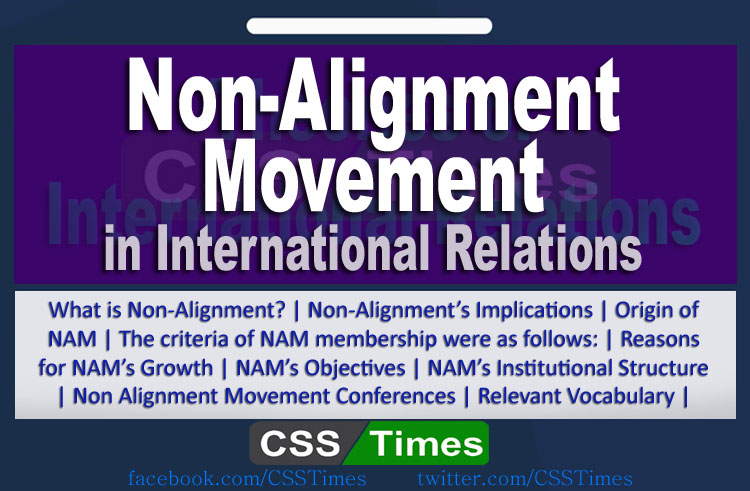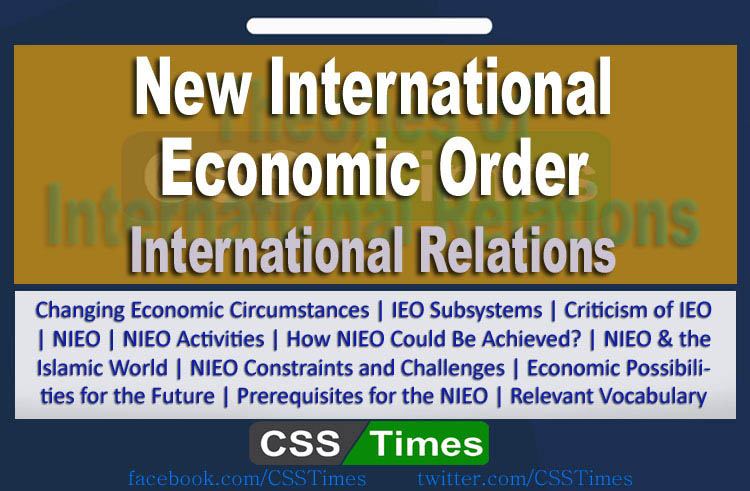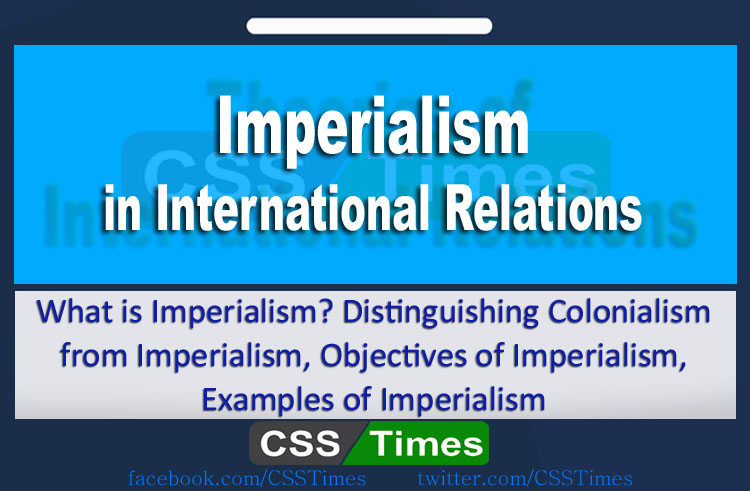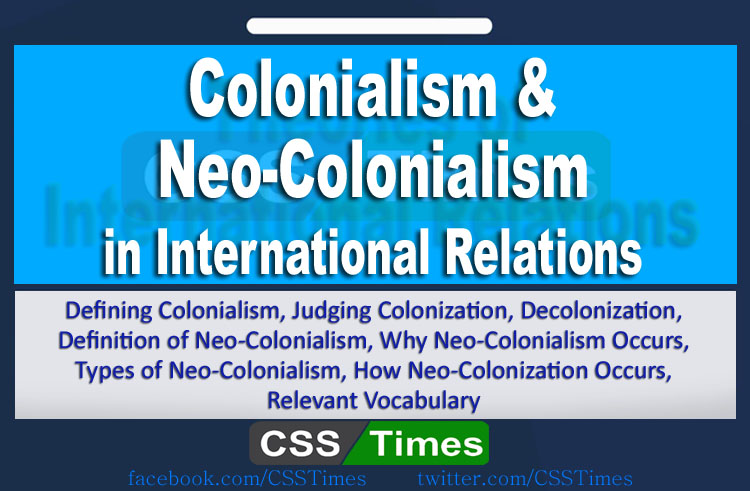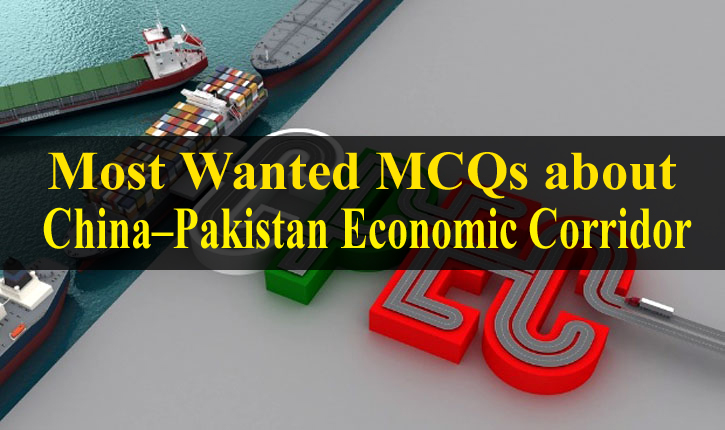Non-Alignment Movement | CSS International Relations Notes
What is Non-Alignment?
Many writers have used the term non-alignment to be synonymous to terms like isolationism, non- commitment, neutrality, or non-involvement. Yet for the student of IR, these terms are not inter- changeable. Isolationism implies adopting a policy of aloofness; non-commitment implies detachment generally in international relations; and non-involvement implies detachment from tensions specifically between power blocs. Political neutrality has the closest similarity to non-alignment. While the former implies a specific context, the latter refers to a broader and continuing international situation.
Non-Alignment’s Implications
Non-Alignment implies keeping out of alliances in general and military pacts in particular. Conceptually it is not meant to be a policy of passive but of active involvement in the struggle against imperial and colonial determination. Non-Alignment is meant to be dynamic and constructive rather than static and negative.
